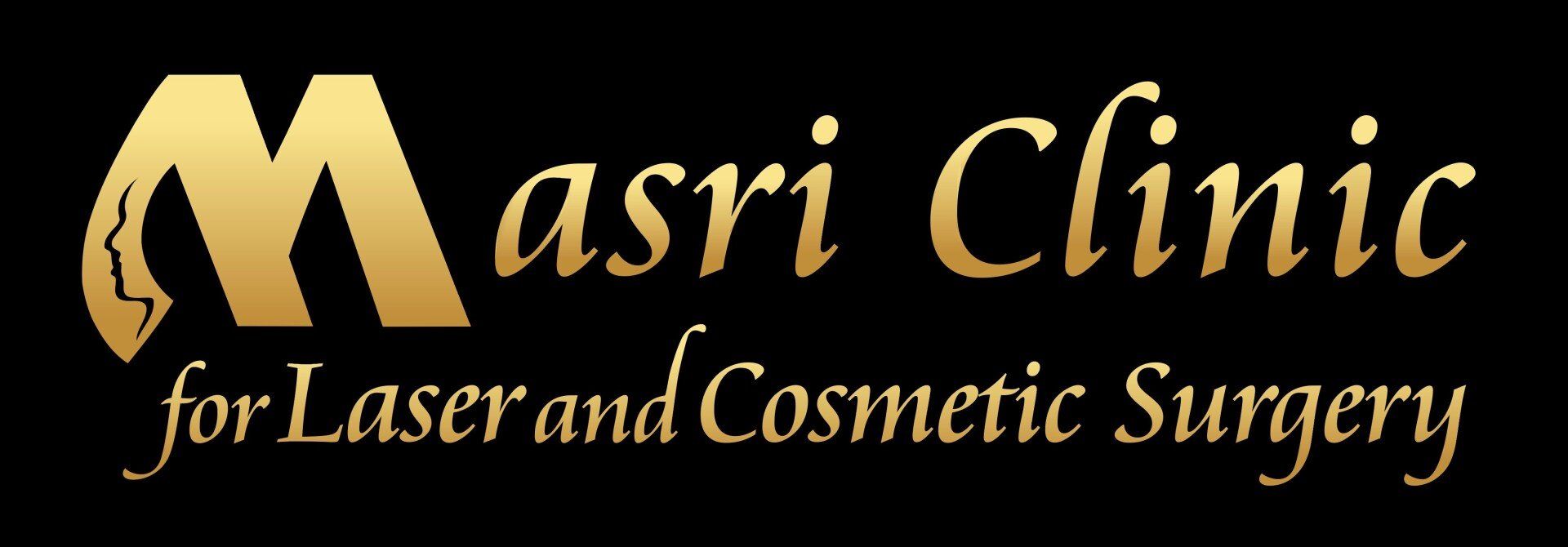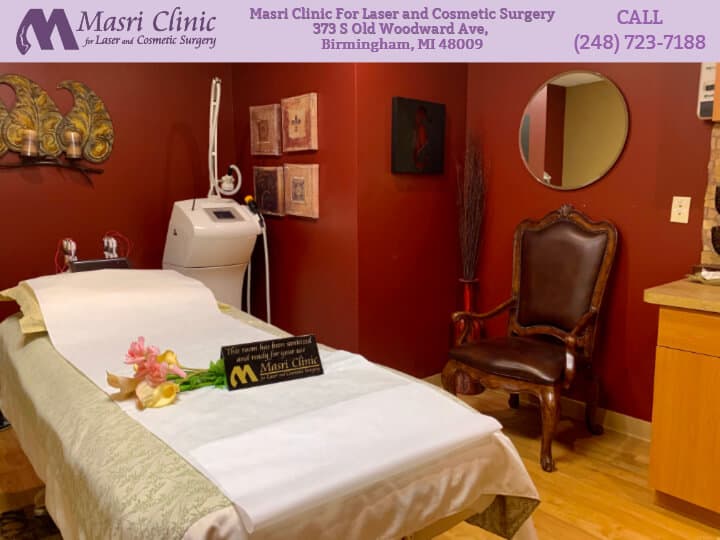How to Prepare for Plastic Surgery
Having plastic surgery done leads to major changes to your body, but the process shouldn’t deter you from becoming your best self. There are preparations you can do that will help you and your plastic surgeon lessen complications and quicken healing time.
So how can you prepare yourself before your plastic surgery? There are ways to take care of yourself physically, mentally, and psychologically before your cosmetic surgery and for the recovery time after.
Before Your Surgery
Once you have
chosen the cosmetic procedure you wish to undergo, you have to prepare for the surgery thoroughly. And that begins by understanding the process. Ask your surgeon questions so you know what to expect.
Some questions you may want to ask include:
- How will the plastic surgery be performed?
- How long will it take? Will I be an in-patient or an out-patient?
- What are the risks to doing this surgery?
- How long is the recovery process?
- Will this procedure require regular maintenance sessions?
- What results can I realistically expect?
It’s important to schedule your surgery while you are healthy. Your immune system will help you recover faster if you’re in the pink of good health. It may also be good to schedule close to the holidays, so you can take a few extra days off.
Some steps you can take to prepare your body before surgery includes:
- Let your doctor know if you’re on medication: Inform your doctor if you are currently taking certain medications and will need to continue taking them as you recover. This is particularly important because certain drugs, vitamins, and even herbal supplements may interact with the medications used during your plastic surgery. Advil, Motrin, Aleve, green tea, and fish oil are among the drugs and supplements that should be avoided ten days prior to the surgery. It’s also best to fill up on the prescriptions you will need post-surgery.
- Eat healthy: Follow your surgeon’s instructions regarding food and drink. Increasing calorie and protein consumption at least two weeks before your surgery can help your body prepare for recovery. Protein can form new tissue and blood vessels, repair injured issues, and step up production of healing cells, so be sure to eat your fill of fish, poultry, beans, legumes, and lean cuts of meat. Vitamin E is also found to speed up the skin healing after surgery.
- Drink plenty of water: Drinking plenty of water weeks prior to your plastic surgery is also key. Aside from cleansing your body, water will also keep you hydrated, since your fluid intake will decrease on the day of the surgery. Most surgeons would advise you to stop eating and drinking after midnight, so you have to get your body ready for this.
- Avoid smoking and drinking alcohol: It’s best to stop smoking prior to your surgery, as it may induce nausea, aggravate your lungs, and slow down your recovery. Alcohol should also be avoided at least three days prior to surgery, because it works as a blood thinner that suppresses the immune system.
- Pack your overnight bag: If you are going to be an in-patient, pack your bag and bring personal items you will need, such as comfortable clothes and the containers for your glasses or contact lenses. You are advised to leave your jewelry, credit cards, and other valuables at home. Make sure that you bring your insurance card, advance directive, living will, or medical power of attorney documents.
- Shower the night before: Wash your face and your hair the night before your plastic surgery operation, as wounds from a plastic surgery procedure cannot get wet for at least two days.
- Arrange for a ride home: If you are going to have outpatient surgery, make sure there will be someone to drive you to and pick you up from surgery. It’s best to have a companion with you, regardless if your anesthesia is local (injected in the surgery area only) or general (injected to make your fall “asleep”). It is not recommended for you to take a taxi service or an Uber after the procedure.
- Get your house in order: If you are planning to go home immediately after surgery, you may want to consider doing the following:
- Clear your house of obstacles like furniture so you can move smoothly.
- Pre-cook your meals or have easy-to-cook food on hand.
- Find a caretaker, especially if you are responsible for kids, pets, or elderly people.
- Plan ahead for work: File for a paid sick leave, set up your auto-reply emails, delegate tasks to co-workers, and make sure you have cleared everything off your plate so you can focus on recovery.
- Manage your expectations: If you’ve seen before and after photos from your surgeon’s portfolio, ask yourself if you look like the “before” image of your desired treatment. If your skin is more stretched out or saggy compared to it, it’s unlikely you will receive similar results after the procedure. Patients who are most happy with their results are often the ones who had the most realistic expectations.
You would be more satisfied with the results of a well-done surgery if you are better informed about what your surgeon can and cannot do. Skilled as they are, they will not be able to change some things, such as your genetics, tissue tone, or a basic underlying asymmetry. By accepting these limits, you will be more satisfied with the outcome of cosmetic surgery.
On the Day of Your Surgery
When the day of your surgery arrives, don’t wear make-up or nail polish. Arrive earlier so you can give your surgeon more time to prepare you for the procedure.
If you have family or friends accompanying you, help them settle into a waiting area and be sure they know how long the procedure will take. This may take longer than expected, since you will be recovering from the effects of anesthesia or other relaxants.
After Your Surgery
Upon discharge after the plastic surgery is completed, you will be given instructions on the medications, as well as what you can and cannot do. Don’t forget to ask for your surgeon’s emergency contact information and schedule a follow-up visit so they can monitor your healing and remove stitches. You can also ask if there are warning signs you should look out for, such as skin swelling around the wound or pain increasing in the area.
While you are recovering from the procedure, here are some things you can do to help your body recuperate:
- Follow your doctor’s orders: While they have done their best to minimize the risks, it’s up to you to avoid the complications that may arise while you heal. Don’t exercise earlier than instructed, or take medications that you shouldn’t. Adhering to these simple steps may save you from an emergency surgery.
- Maintain a healthy lifestyle: Maintaining a healthy lifestyle will help your body heal faster. Some steps you can take are:
- Sleep for eight hours daily, to give your tissue cells time to rejuvenate.
- Do only light exercises two weeks after you’ve fully recovered to keep the blood moving around your body.
- Avoid smoking and drinking alcohol, as these may impede the progress of your recovery.
- Eat food with plenty of vitamin C, vitamin E and zinc, such as healthy proteins and green vegetables.
- Drink lots of water to hydrate your skin and replenish lost nutrients. Avoid drinking carbonated beverages or anything with processed sugars.
- Protect yourself from the sun, as sun damage would be bad for your skin and the scar tissue.
- Relax and keep yourself occupied as you heal by reading books or watching television.
- Remember to be patient: Healing is not automatic, so don’t pressure your body too much. It takes some time before swelling goes away, and the scars turn pink while they mend. Even the final results may not be immediately evident after the procedure is done.
If you have questions that arise during your recovery time, call your surgeon and ask, because you may touch on an important issue. You can expect some emotional ups and downs as well, which is perfectly normal. Don’t hesitate to raise your concerns with the surgeon or his staff, as helping you bounce back is part of their job. If the results don’t meet your expectations, you can discuss these concerns at your next visit.
You’re In Good Hands With Masri Clinic
Preparing for plastic surgery is not always a breeze, but it will be a lot easier if the procedure is done by a plastic surgeon you trust. A good plastic surgeon is a board certified one, who can communicate well and work with you to achieve the look you want. They would also take the time to explain the ins-and-outs of the surgery, and won’t shy away from telling you the possible risks.
Our team at Masri Clinic is composed of excellent board certified surgeons and estheticians, who have been trained in the latest advancements in surgical and nonsurgical procedures. Countless patients have experienced the safe and world class services at Masri Clinic, and are thrilled by the results we achieve. Book a consultation with us today.
Read more:
Is Birmingam MI a Good Place to Live?








